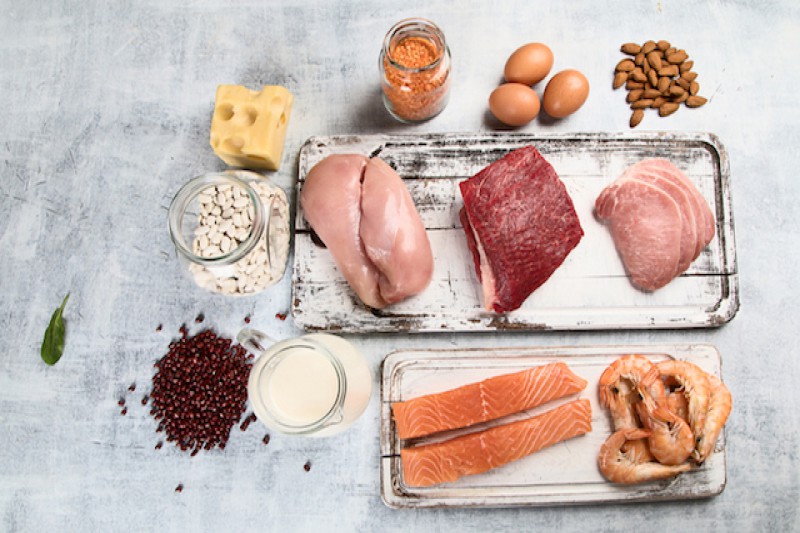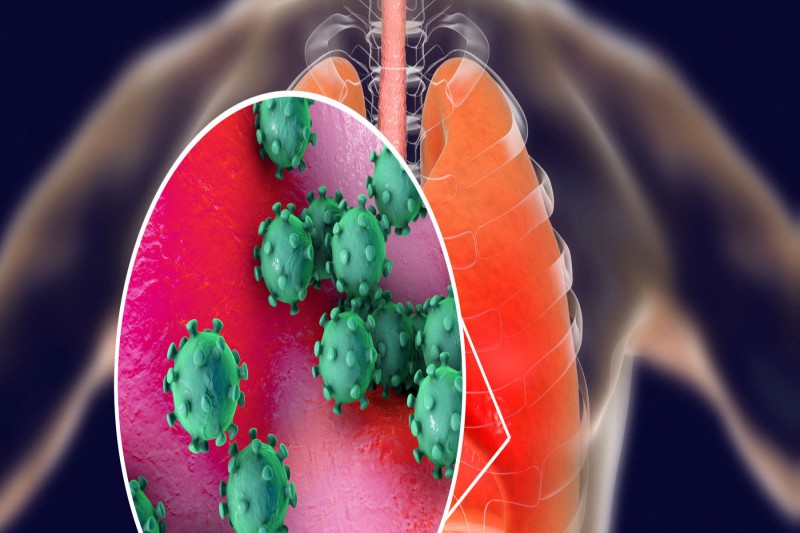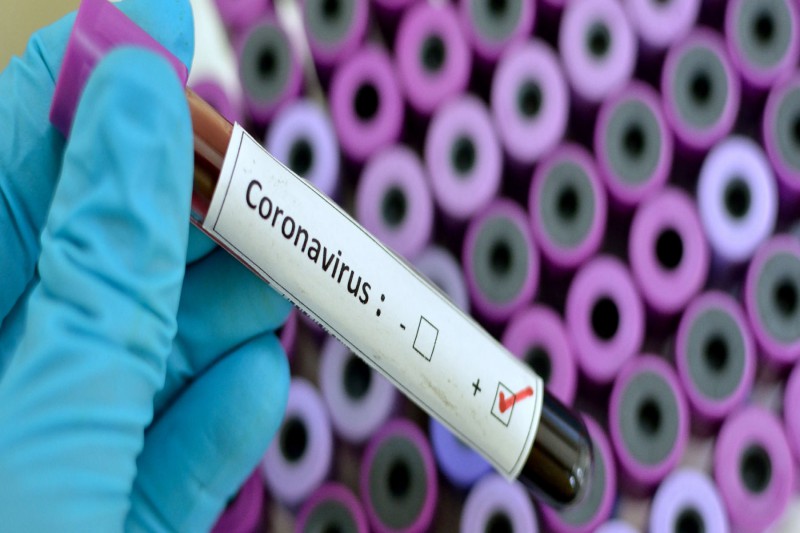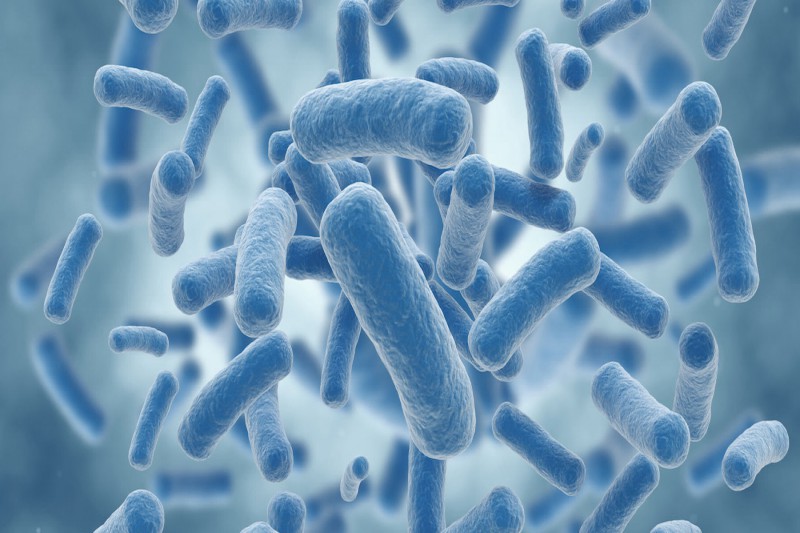New Treatments for Phenylketonuria Aim to Loosen Reins on Strict Diet
- 2020-03-04 12:09:00
- ( 0) Comments
Before newborn screening was introduced in the 1960s, phenylketonuria, a rare, inherited condition in which the body is unable to properly metabolize the amino acid phenylalanine, was a devastating disease. Without treatment, the buildup of phenylalanine, a key component of proteins we eat, had toxic effects on neural and cognitive development. As a result, patients often developed severe mental disabilities as well as seizures, behavioral problems, and psychiatric disorders.
The ability to identify patients with phenylketonuria (PKU) at birth?and to treat them with low-phenylalanine diets?has resulted in a ?much better outcome for individuals with PKU than before,? says Francjan van Spronsen, a pediatrician specializing in inherited metabolic diseases at the University of Groningen in the Netherlands. ?Acknowledging that, we have to consider that the dietary treatment is socially very difficult to adhere to.?
People with PKU need to strictly limit the phenylalanine they consume through their diets, even in adulthood, as high levels of the amino acid can damage the central nervous system later in life. Many patients eat medical foods, which are modified to be low in protein. While the intervention is effective, it comes with a cost. ?So much about how we experience new places and celebrate with friends centers around food,? says Christine Brown, executive director of the National PKU Alliance (NPKUA), a nonprofit patient advocacy group, and the mother of two boys with PKU. ?So PKU is very isolating.?
After decades of little progress in coming up with a non-dietary intervention, patients may soon have more options. New treatments, including an enzyme-substitution drug approved for adults last week (May 24) by the US Food and Drug Administration (FDA) and genetically engineered probiotics currently in clinical trials, aim to help patients better control their levels of phenylalanine while lifting the reins on their strict dietary regimes.
Enzyme replacement
Keeping blood phenylalanine within the range recommended by the American College of Medical Genetics and Genomics can be difficult, especially for adults. A 2015 survey conducted by the NPKUA found that more than 60 percent of adults with PKU reported higher-than-recommended levels, compared to 25 percent of individuals under the age of 18 (the condition affects approximately 1 in every 10,000 to 15,000 newborns in the U.S.) Adults may find it more difficult to adhere to the PKU diet for a number of reasons, the authors suggest, including the absence of parental oversight and a lack of insurance coverage for medical foods.






Comments(12)